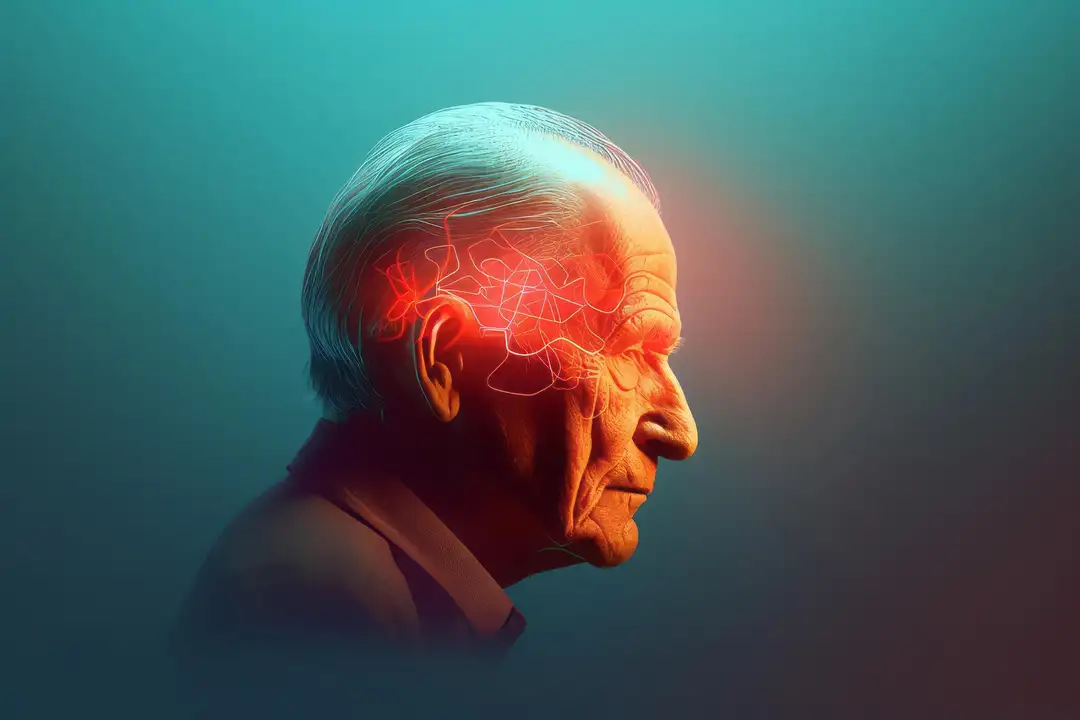
A study published in npj Parkinson’s Disease (2025) investigated whether subjective cognitive decline (SCD) represents an early marker of neurodegeneration in individuals with isolated REM sleep behavior disorder (iRBD) — a prodromal phase of α-synucleinopathies such as Parkinson’s disease (PD) and dementia with Lewy bodies (DLB).
Using data from the CogTrAiL-RBD study at the University of Cologne, researchers analyzed 80 patients with polysomnography-confirmed iRBD and categorized them into three groups: iRBD without SCD (RBD.SCD–), iRBD with SCD (RBD.SCD+), and iRBD with mild cognitive impairment (RBD.MCI). SCD was assessed through the Multi-Domain Subjective Cognitive Decline Evaluation (Multi-SubCoDE), a validated questionnaire covering six cognitive domains.
SCD was present in 36.3% of participants, most commonly with an amnestic multidomain profile, indicating self-perceived decline in memory and attention. Compared with RBD.SCD–, the RBD.SCD+ group exhibited higher depressive symptoms and lower global cognition, particularly in attention and working memory. Importantly, structural MRI revealed reduced gray matter volume in the left superior frontal gyrus (SFG) of RBD.SCD+ individuals, correlating with both greater SCD severity and poorer cognitive performance.
These findings suggest that even before objective impairment, SCD in iRBD is accompanied by neuropsychiatric symptoms and early cortical changes, supporting its potential as a prodromal marker for cognitive decline and phenoconversion to PD or DLB. The authors propose that SCD—particularly with associated frontal atrophy—may represent the “cortical-first” subtype of neurodegenerative progression, preceding subcortical involvement.
Further longitudinal studies are needed to validate whether SCD predicts transition from iRBD to manifest α-synucleinopathies and to clarify the neurobiological mechanisms linking perceived decline, mood symptoms, and brain structure.
#ParkinsonsDisease #REMBehaviorDisorder #CognitiveDecline #Neuroimaging #Synucleinopathy
Editorial Note
This text was organized with the support of artificial intelligence, but it was critically reviewed and validated by a qualified professional to ensure scientific accuracy and reliability.
Sources
- Ophey A, Röttgen S, Doppler CEJ, Scharfenberg D, Kufer K, Farrher E, et al. Subjective cognitive decline in individuals with isolated REM sleep behavior disorder. npj Parkinson’s Dis. 2025;11:287. doi:10.1038/s41531-025-01161-2

Written by Grupo Bipp
About
An ecosystem of innovative solutions for the health sector and the largest Portuguese-language neuroscience portal in the world. We have a platform specializing in mental health that offers interactive means of tracking people in distress, psychological care, promoting autonomy and contact with up-to-date information on mental health and quality of life.



